
David Bowie’s Entire Publishing Catalog Sells for $250 Million
Warner Music now owns most of Bowie’s songs
David Bowie’s estate has sold the publishing rights to his entire catalog to Warner Chappell Music, the publishing arm of Warner Music Group. Variety reports that the months-long negotiations ended in a deal estimated to be worth at least $250 million.
This deal includes all the beloved classics from Bowie’s peerlessly cool lifetime, like “Heroes,” “Space Oddity,” and “Life on Mars?,” as well as Toy, his elusive 2001 LP that posthumously received its first commercial release in November of last year.
As Variety points out, this deal also means that virtually all of Bowie’s music is now part of the Warner system. Last September, Warner acquired the rights to the musician’s recordings from 1968 through 2016 — even including his last few albums that were originally released via Sony Music. Now that the company has acquired Bowie’s publishing catalog as well, they oversee the copyright to his compositions as well as recordings.
“These are not only extraordinary songs but milestones that have changed the course of modern music forever,” said WCM chief executive Guy Moot in a statement. “We are looking forward to tending his unparalleled body of songs with passion and care as we strive to build on the legacy of this most extraordinary human being.”
Bowie’s just the latest in a fleet of famed songwriters whose catalogs have sold for a pretty penny in the past couple of years. Bob Dylan sold the rights to his entire catalog back in 2020, while Neil Young sold 50% of his last January. And just a few weeks ago, Bruce Springsteen sold his entire catalog to Sony for a mindboggling $500 million.
Elsewhere in archival Bowie news, music documentarian Brett Morgen is currently working on a Bowie film based on thousands of hours of unseen concert footage.
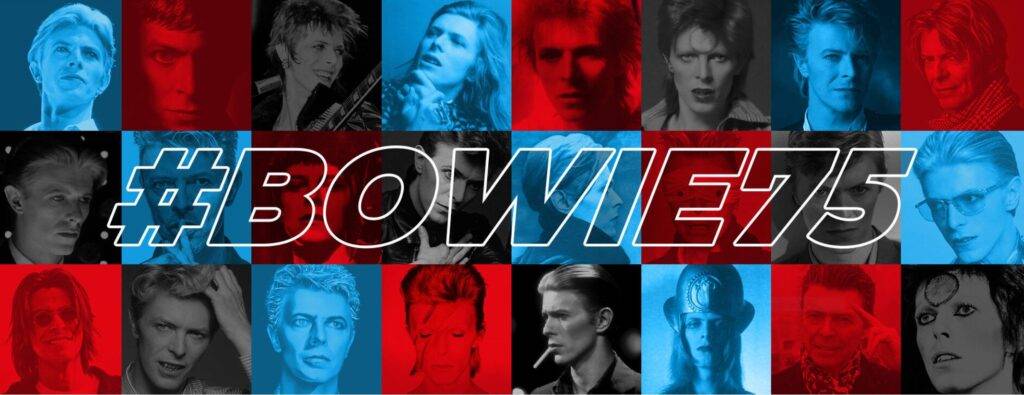

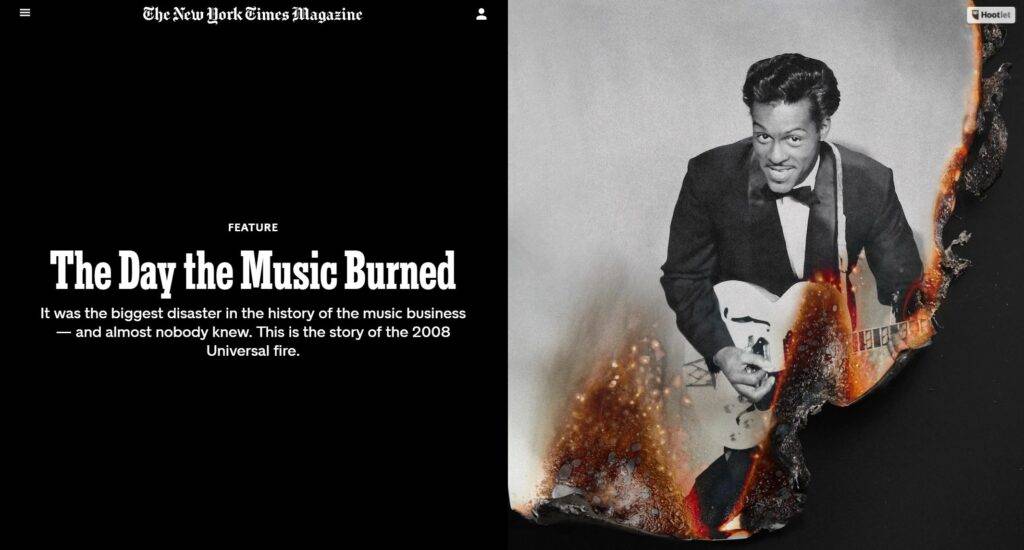

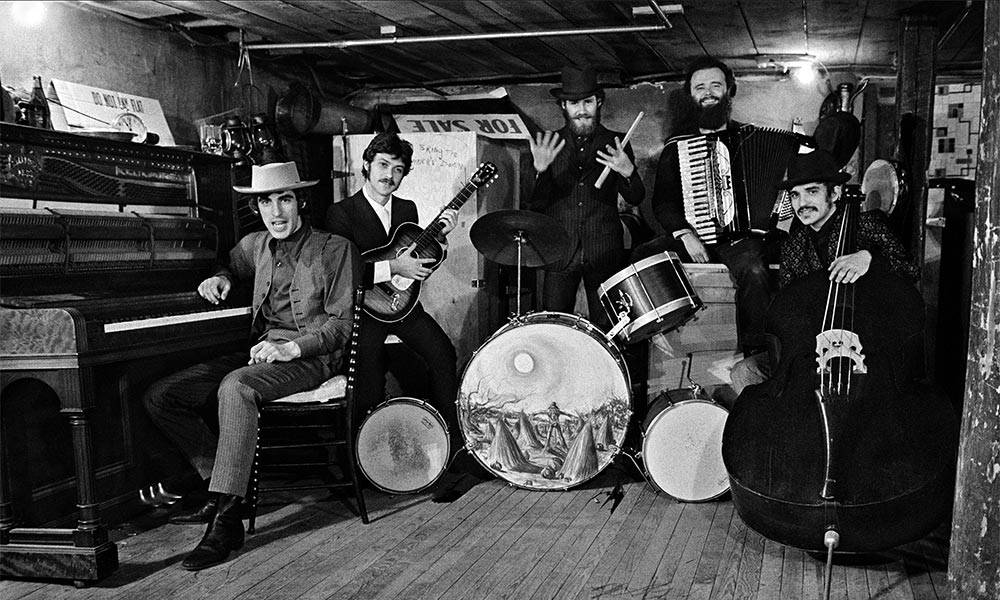
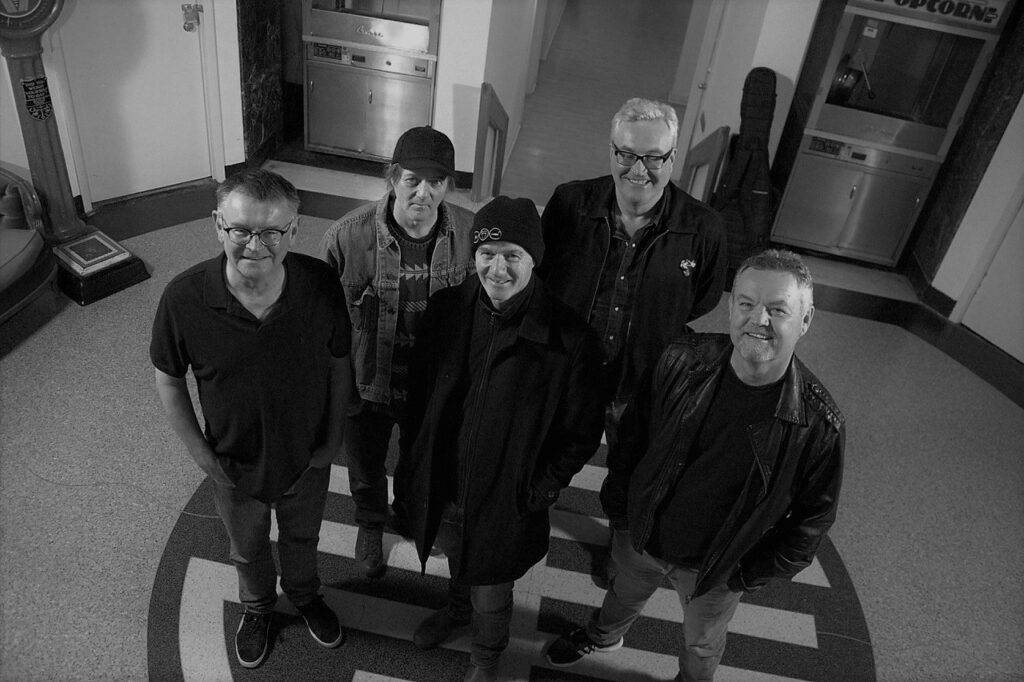
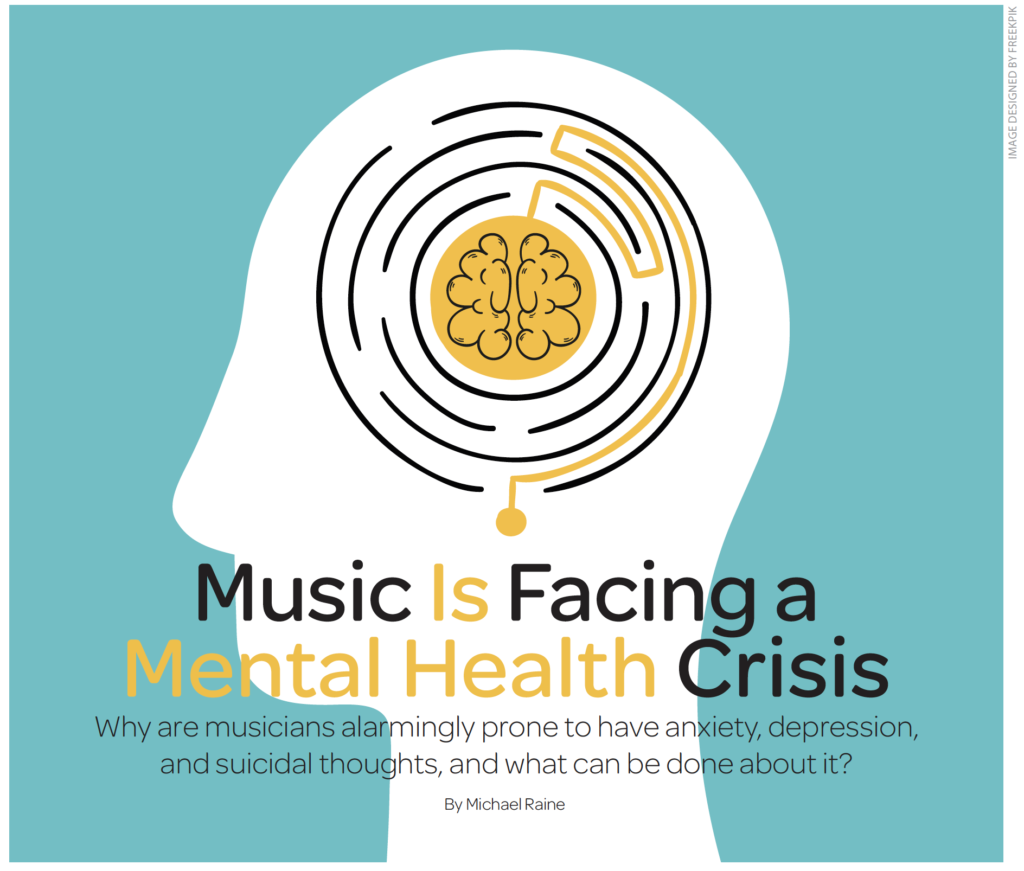
Responses